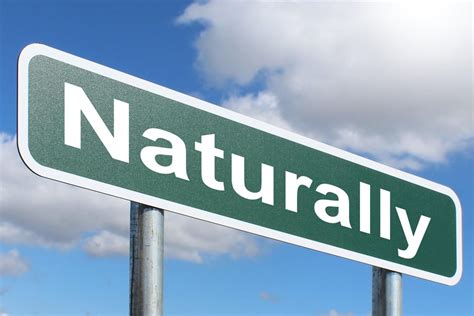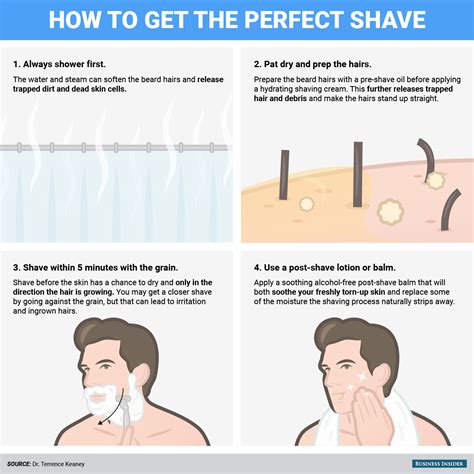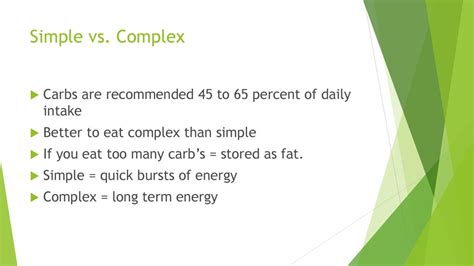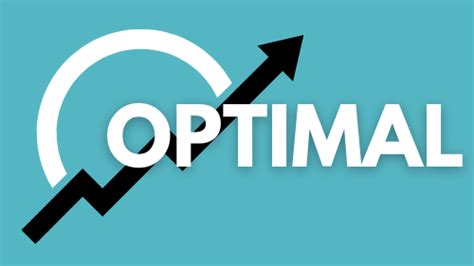Optimize testosterone: Which foods boost men’s hormonal performance naturally?
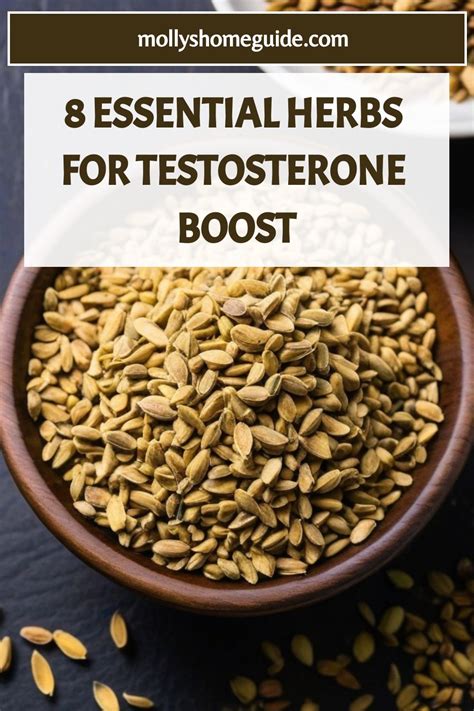
Testosterone, the primary male sex hormone, plays a pivotal role in more than just libido and muscle mass. It influences energy levels, mood, bone density, and even red blood cell production. While testosterone levels naturally decline with age, modern lifestyles and dietary choices can accelerate this process or impair optimal function. The good news is that your plate can be a powerful tool in supporting and optimizing your hormonal performance naturally.
Understanding Testosterone and Nutrition
Optimal testosterone production relies on a complex interplay of nutrients. Deficiencies in key vitamins and minerals can directly impact the body’s ability to synthesize this crucial hormone. A diet rich in whole, unprocessed foods provides the necessary building blocks and co-factors to support healthy endocrine function. Focusing on nutrient-dense options can help men maintain robust hormone levels, promoting overall vitality and well-being.
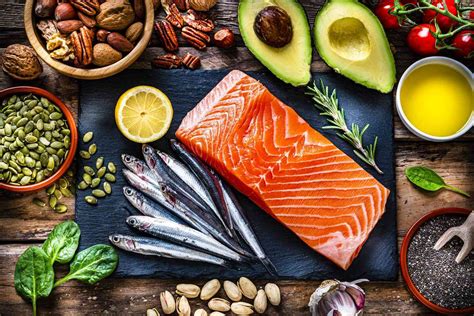
Essential Nutrients for Testosterone Production
Several micronutrients are particularly vital for testosterone synthesis and regulation:
- Zinc: A critical mineral involved in numerous enzymatic processes, including those related to testosterone production. Zinc deficiency is a known cause of low testosterone.
- Vitamin D: Often referred to as a pro-hormone, Vitamin D plays a significant role in reproductive health and has been linked to higher testosterone levels.
- Magnesium: Important for muscle function, nerve function, blood sugar control, and blood pressure, magnesium also plays a role in binding and bioavailability of testosterone.
- Healthy Fats: Cholesterol is a precursor to testosterone, so incorporating healthy fats is essential.
- Antioxidants: Protect cells from oxidative damage, supporting overall endocrine health.
Top Foods to Naturally Boost Testosterone
1. Oysters and Shellfish
Oysters are legendary for a reason. They are an incredibly rich source of zinc, which is fundamental for testosterone production and sperm health. Other shellfish like crab and lobster also provide good amounts of this vital mineral.
2. Fatty Fish (Salmon, Mackerel, Tuna)
These fish are excellent sources of Omega-3 fatty acids, which are crucial for heart health and may reduce inflammation that can impair hormone function. They are also packed with Vitamin D, a nutrient directly linked to testosterone levels.

3. Eggs
Often demonized, whole eggs are a nutritional powerhouse. The yolks contain healthy cholesterol (a precursor to testosterone), Vitamin D, and essential amino acids. Don’t skip the yolk if you’re looking to support hormonal health.
4. Leafy Green Vegetables (Spinach, Kale, Swiss Chard)
These greens are brimming with magnesium, which helps reduce oxidative stress and can increase the bioavailability of testosterone. They also offer a spectrum of vitamins and antioxidants beneficial for overall health.
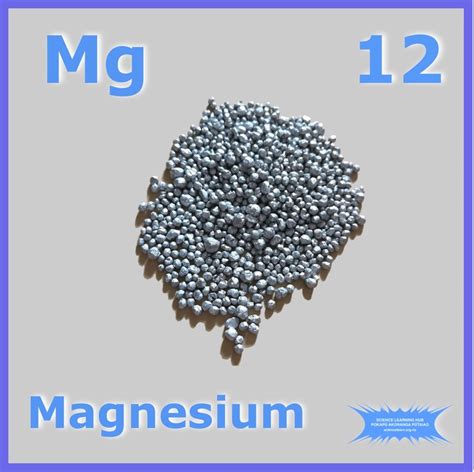
5. Avocado
Avocados are rich in monounsaturated fats, which are excellent for cardiovascular health and provide the healthy cholesterol needed for testosterone synthesis. They also offer Vitamin B6, which plays a role in hormone regulation.
6. Ginger and Garlic
Emerging research suggests that both ginger and garlic may have a positive impact on testosterone levels. Ginger has been shown in some studies to improve reproductive hormone levels in men, while garlic contains diallyl disulfide, which may stimulate the release of luteinizing hormone, signaling the testes to produce testosterone.
7. Berries and Pomegranates
These fruits are loaded with antioxidants that combat oxidative stress, which can negatively affect testosterone levels. Pomegranates, in particular, have been linked to improved blood flow and hormone balance.
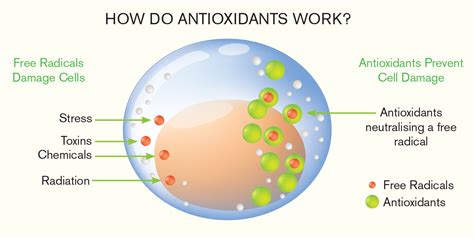
Foods to Limit for Optimal Hormonal Health
While focusing on beneficial foods, it’s equally important to minimize those that can detrimentally impact testosterone. These include highly processed foods, excessive sugar, trans fats, and large amounts of alcohol, all of which can contribute to inflammation, weight gain, and hormonal disruption.
Beyond the Plate: A Holistic Approach
Diet is undeniably crucial, but it’s part of a larger lifestyle picture. Regular exercise (especially strength training), adequate sleep, stress management, and avoiding endocrine-disrupting chemicals are all vital components of naturally optimizing testosterone levels. A comprehensive approach yields the best and most sustainable results for men’s hormonal health.
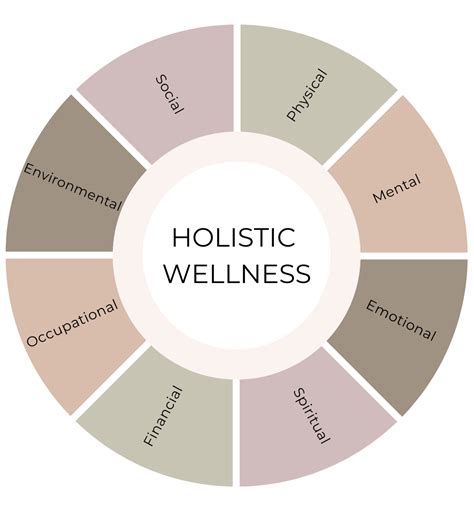
Conclusion
Harnessing the power of nutrition is a natural and effective way for men to support their testosterone levels and overall hormonal performance. By incorporating zinc-rich foods, healthy fats, Vitamin D sources, and magnesium-packed greens into your daily diet, you can lay a strong foundation for vitality, energy, and improved well-being. Remember, consistency and a balanced lifestyle are key to unlocking your body’s full hormonal potential.



